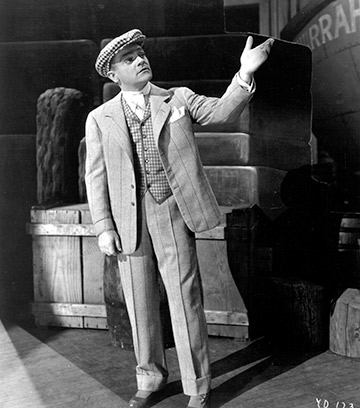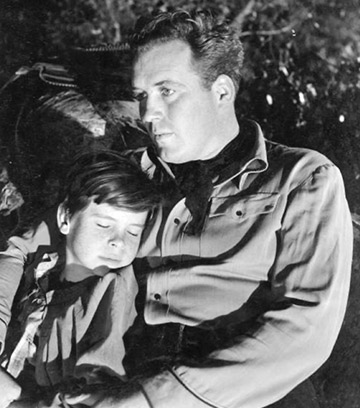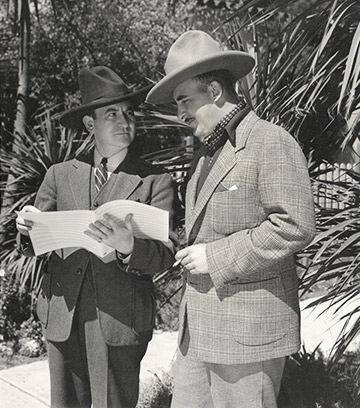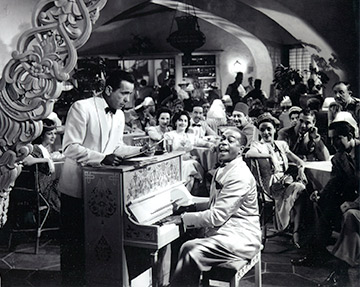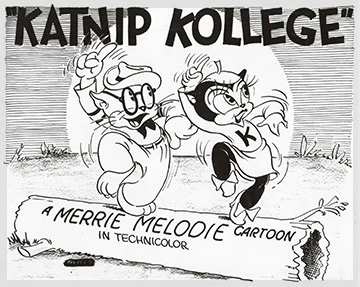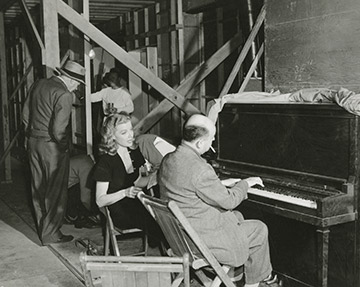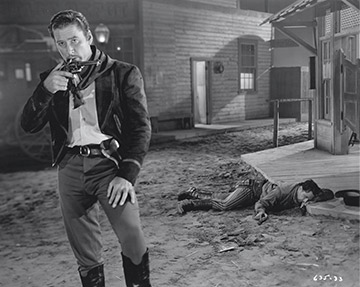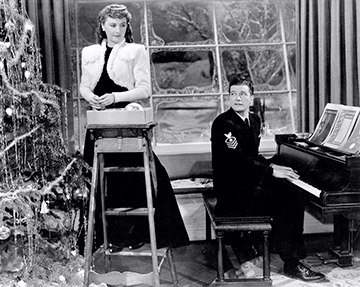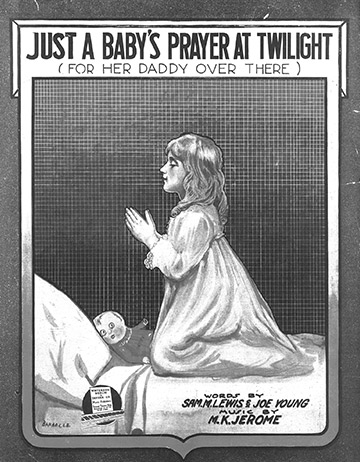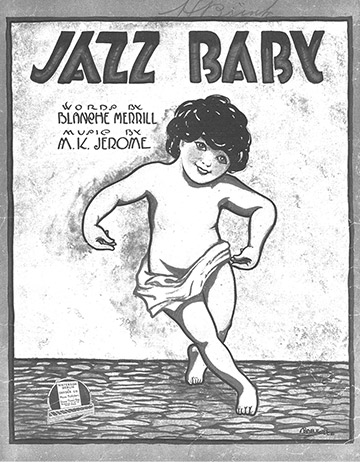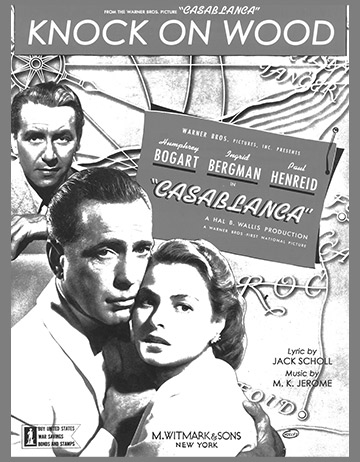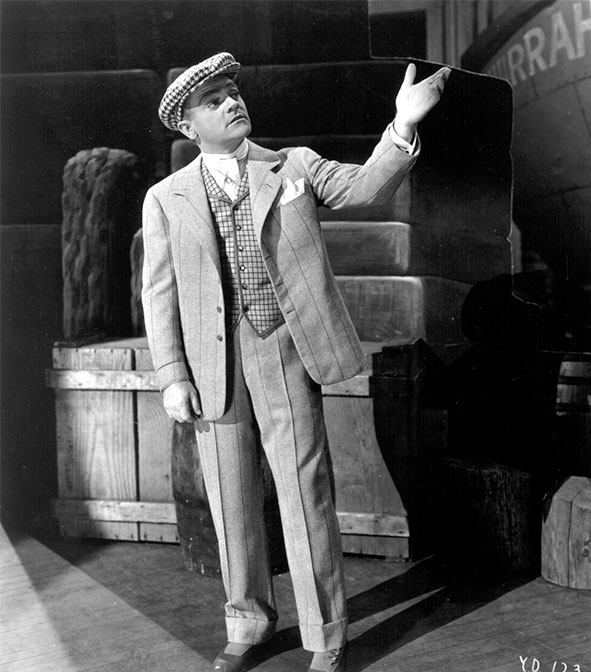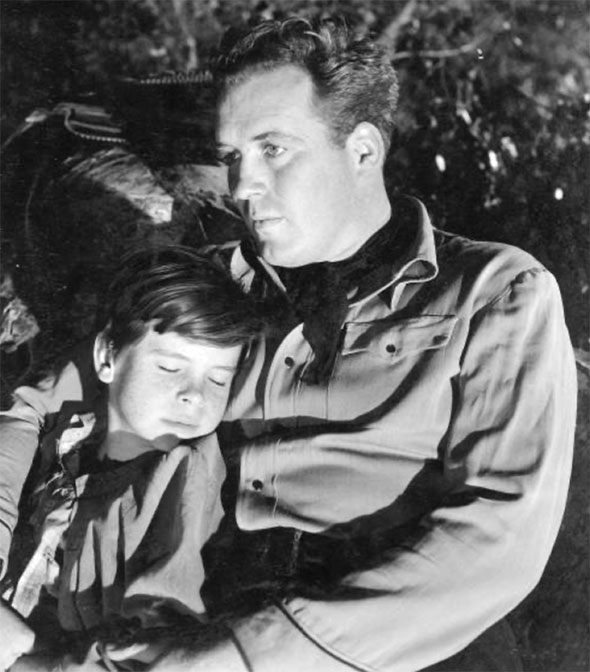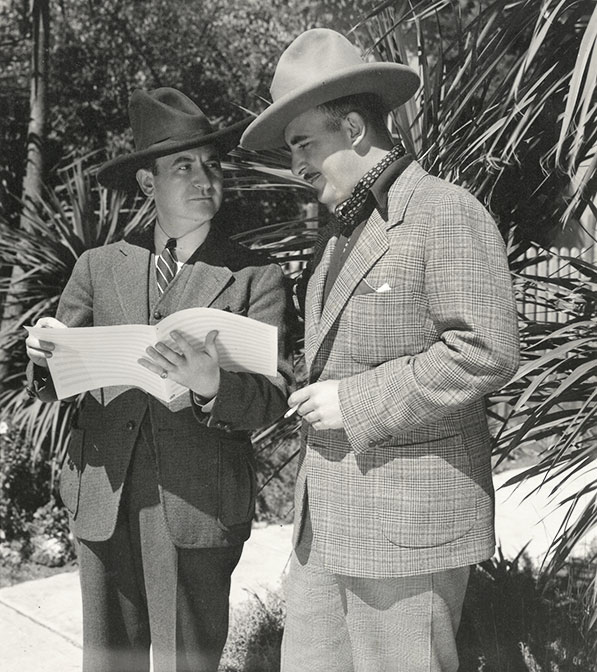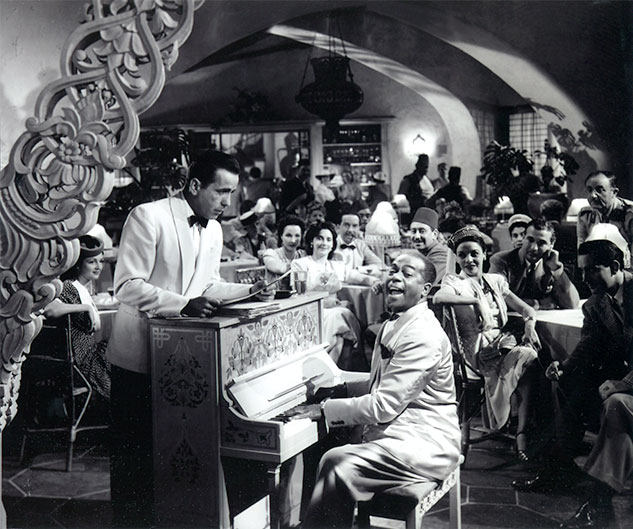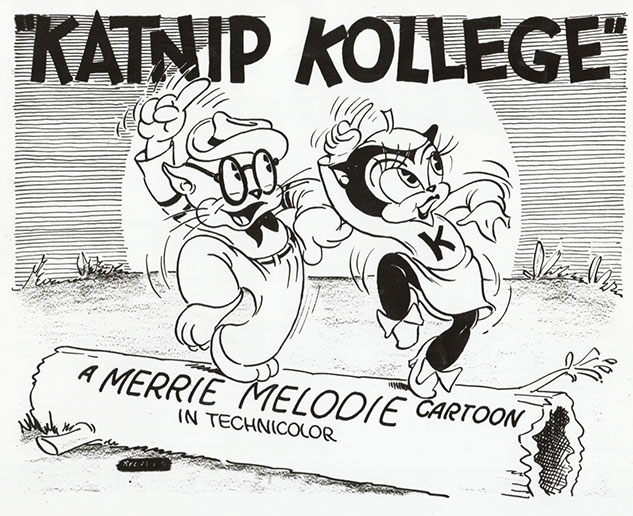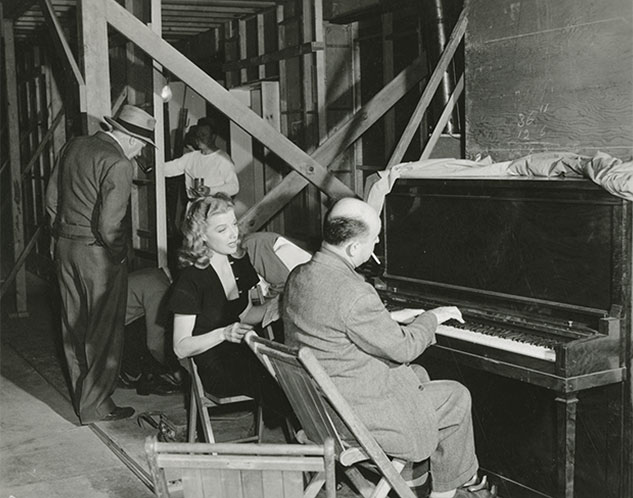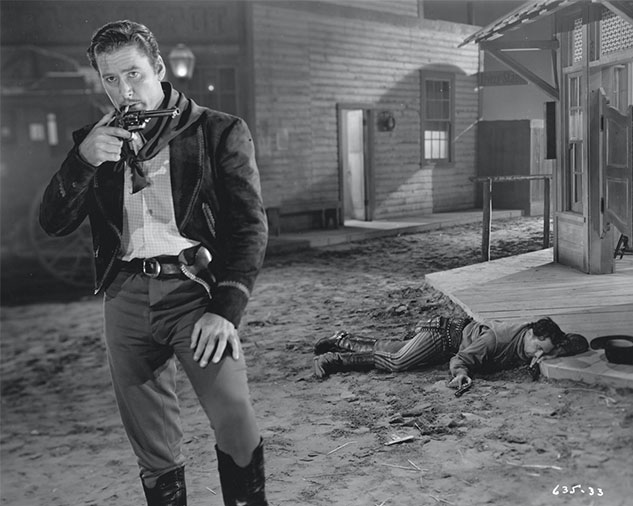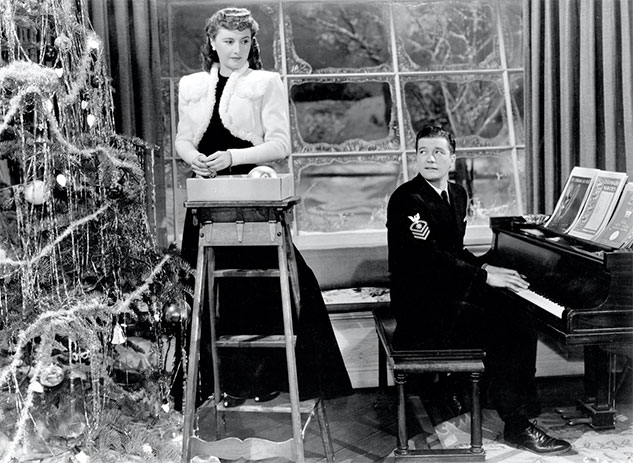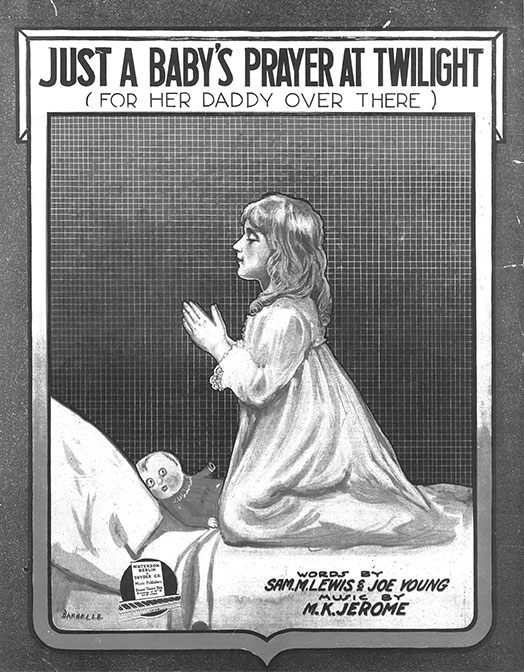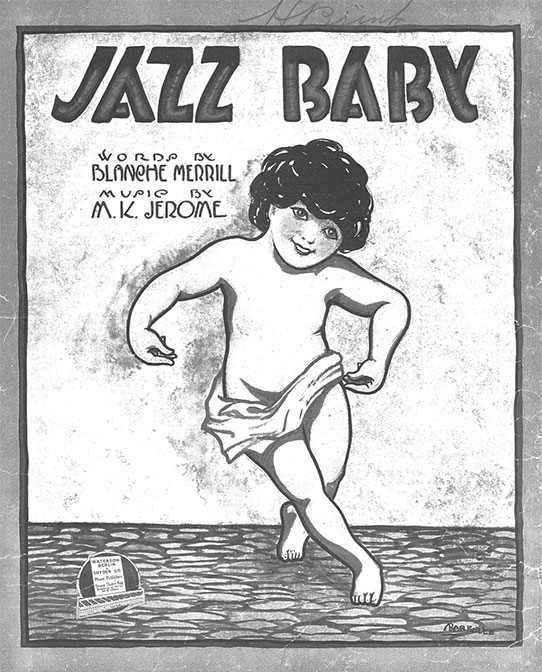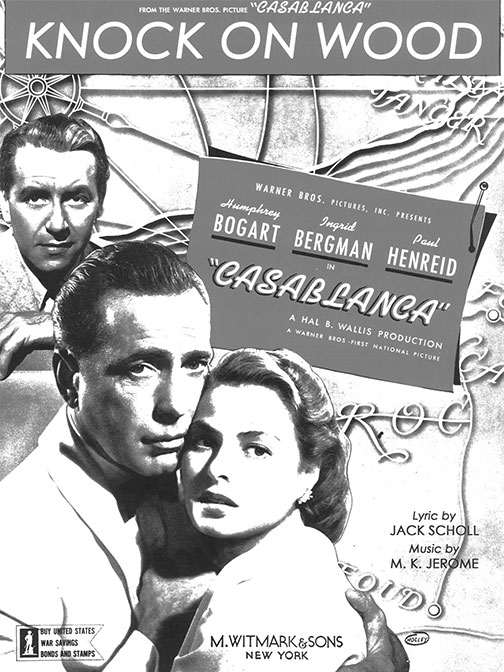Gary May is a Professor Emeritus of History at the University of Delaware, and is a winner of the Allan Nevins Prize of the Society of American Historians. He is the author of six books which are listed below.
May is a storyteller who approaches great historical events cinematically, reconstructing through a dramatic narrative the lives of Americans forever changed by historical events.
Full bio.
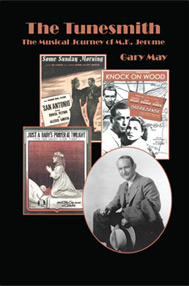
The Tunesmith: The Musical Journey of M.K. Jerome
The Tunesmith has been nominated for the Allan Wald Memorial Prize given annually to a work of exceptional scholarship in literature, broadcasting or recorded performance.
In his latest book, Gary May offers a fascinating biography of M. K. Jerome, May's grandfather, and one of the greatest songwriters of Hollywood’s Golden Age. From Tin Pan Alley to early Hollywood to World War II patriotic blockbusters, this beautifully researched and rendered book brings to vivid life the sights, sounds and stories of the Great American Songbook and the songwriters who created it.
May’s writing is cinematic, transporting the reader to the Warner Brothers backlot for an inside view of the inspiration, creativity and actual events that took place, wonderfully told in a charming, amusing, and wistful narrative. Read more.
Required to write popular songs at a moment’s notice, Jerome’s life shows us what it was like to labor in the boiler room of one of the great studios, stoking the engines which allowed the production of hundreds of films every year from the 1930s through World War II, the Cold War and the 1950s. This account of one man’s life sheds light on this important but overlooked chapter in Hollywood history.
His life also illustrates the dark side of the Golden Age of American film. Warner Brothers was as much a factory as was Ford and Armour, and treated their employees just as harshly. Moe’s workload was often brutal. In 1937, during a single year, he wrote songs or music for 32 films of all kinds, comedies, dramas, westerns and romances. The stress produced by such daily activity led to frequent illnesses that often took him to the hospital.
The Tunesmith: The Musical Journey of M.K. Jerome has been nominated for the Richard Wall Memorial Award from the Theatre Library Association.
Press Release and Critical Acclaim (opens in a new tab) (PDF)
Available in Hardcover and Paperback from Amazon.com (opens in a new tab).
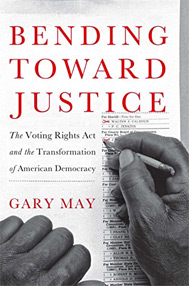
Bending Toward Justice: The Voting Rights Act and the Transformation of American Democracy
When the Fifteenth Amendment of 1870 granted African Americans the right to vote, it seemed as if a new era of political equality was at hand. Before long, however, white segregationists across the South counterattacked, driving their black countrymen from the polls through a combination of sheer terror and insidious devices such as complex literacy tests and expensive poll taxes.
Most African Americans remained voiceless for nearly a century more until the passage of the 1965 Voting Rights Act secured their access to the ballot. Read more | Watch the Bill Moyers interview (opens in a new tab).
In Bending Toward Justice, celebrated historian Gary May describes how black voters overcame centuries of bigotry to secure and preserve one of their most important rights as American citizens. The struggle that culminated in the passage of the Voting Rights Act was long and torturous, and only succeeded because of the courageous work of local freedom fighters and national civil rights leaders -- as well as, ironically, the opposition of Southern segregationists and law enforcement officials, who won public sympathy for the voting rights movement by brutally attacking peaceful demonstrators. But while the Voting Rights Act represented an unqualified victory over such forces of hate, May explains that its achievements remain in jeopardy. Many argue that the 2008 election of President Barack Obama rendered the act obsolete, yet recent years have seen renewed efforts to curb voting rights and deny minorities the act's hard-won protections. Legal challenges to key sections of the act may soon lead the Supreme Court to declare those protections unconstitutional.
A vivid, fast-paced history of this landmark piece of civil rights legislation, Bending Toward Justice offers a dramatic, timely account of the struggle that finally won African Americans the ballot -- although, as May shows, the fight for voting rights is by no means over.
Read less.
Available in Hardcover, Paperback and Kindle on Amazon.com (opens in a new tab).
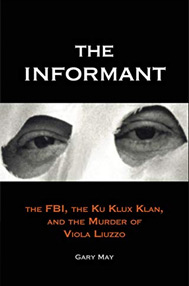
The Informant: The FBI, the Klu Klux Klan, and the Murder of Viola Luzzo
In 1965, Viola Liuzzo, a young mother of four, participated in Martin Luther King’s Voting Rights March from Selma, Alabama, to Montgomery. But after the march’s historic success, Liuzzo was chased down and shot to death by members of the Birmingham Ku Klux Klan. The case drew national attention and was solved almost instantly, because one of the Klansman present during the shooting was Gary Thomas Rowe, an undercover FBI informant.
This is the story of a renegade informant and the FBI knowingly becoming an accessory to some of the most grotesque crimes of the Civil Rights era. It’s a dramatic cautionary tale about what can happen when secret police power goes unchecked. Read more.
At the time, Rowe’s information and testimony were heralded as a triumph of law enforcement. But as Gary May reveals in this provocative book, Rowe’s history of collaboration with both the Klan and the FBI was far more complex. Based on previously unexamined FBI and Justice Department Records, The Informant demonstrates that in their ongoing efforts to protect Rowe’s cover, the FBI knowingly became an accessory to some of the most grotesque crimes of the Civil Rights era—including a vicious attack on the Freedom Riders and perhaps even the bombing of the Sixteenth Street Baptist Church.
Read less.
Available in Hardcover, Paperback and Kindle on Amazon.com (opens in a new tab).
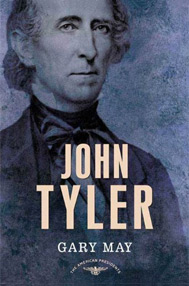
John Tyler: The American Presidents Series: The 10th President, 1841-1845
When William Henry Harrison died in April 1841, just one month after his inauguration, Vice President John Tyler assumed the presidency. He had been placed on the fractious Whig ticket with the hero of Tippecanoe in order to sweep Andrew Jackson's Democrats, and their imperial tendencies, out of the White House.
Soon Tyler was beset by the Whigs' competing factions. He vetoed the charter for a new Bank of the United States, which he deemed unconstitutional, and was expelled from his own party. He engaged secret agents to help resolve a border dispute with Britain and negotiated the annexation of Texas without the Senate's approval. The resulting divisions roiled the country.
Available in Hardcover and Kindle on Amazon.com (opens in a new tab).
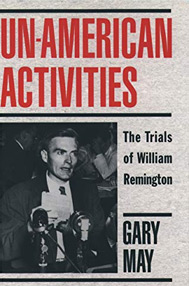
Un-American Activities: The Trials of William Remington
In 1948, William W. Remington was one of the bright young men in the Truman administration. He was tall and handsome, a product of Dartmouth and Columbia. From 1940 on, he had risen through government ranks, serving on wartime boards, the President's Council of Economic Advisors, and eventually as a major official in the Department of Commerce, with a promising future ahead. By 1954, however, Remington was dead–assassinated in his cell by a team of inmates in a high-security Federal prison.
In Un-American Activities, historian Gary May tells the fascinating story of William Remington–a story of intrigue, injustice, government corruption, and anti-Communist hysteria. Read more.
May labored for eight years in reconstructing Remington's case, searching through FBI files, government documents, and waging an epic battle against then-U.S. Attorney Rudy Guiliani to become the first historian to obtain access to grand jury records. The result is a brilliant account of one man's tragic odyssey and a government run amok. Remington's future collapsed in 1948, when he was charged with being a Communist and a Soviet spy. The accuser was Elizabeth Bentley, an admitted ex-Communist herself and a former courier for Soviet spymasters. Remington's life fell into a whirlpool, as he fought government improprieties, illegalities, and the assumption he was guilty. Cleared by government loyalty boards, he was indicted by a grand jury--whose foreman was secretly helping Elizabeth Bentley prepare her memoirs. Remington suffered through two trials for perjury, and the chief witness against him was his own embittered ex-wife. He was convicted and sentenced to the federal penitentiary at Lewisburg, Pennsylvania, where his reputation as a Communist preceded him. But May's account also offers fascinating insight into the depth of Soviet penetration into wartime America: As he follows Remington's life, from the radical circles at Dartmouth and the Tennessee Valley Authority in the 1930s through his Washington career, he finds that Remington may well have been guilty of the charges against him.
Gary May is one of the leading historians writing about postwar America. His first book, China Scapegoat, won the Allan Nevins Prize and was hailed as "as well as a novel, as powerful as a good film" by the The Los Angeles Times. Here he brings his analytical and narrative skills to bear on one of the forgotten stories of the McCarthy era, uncovering a gripping tale of espionage, corruption, and personal tragedy.
Read less.
Available in Hardcover, Paperback and Kindle on Amazon.com (opens in a new tab).
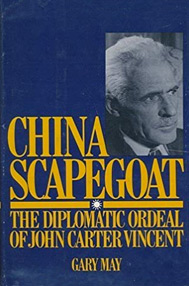
China Scapegoat, The Diplomatic Ordeal of John Carter Vincent
In 1945, Joun Carter Vincent was appointed director of the Office of Far Eastern Affairs. He was the most senior “China hand” on active duty in the Foreign Service. Vincent had come to see Chiang Kai-shek and his Nationalists as hopelessly corrupt, but his no-nonsense criticism of Chiang and Madame Chiang—darlings of the American press and the powerful “China Lobby”—came back to haunt him after the communists took over the mainland in 1949.
For the sin of accurately foreseeing the success of Mao Tsetung’s communist insurgency, Vincent was accused of having “lost China” and became a victim of persecution during the McCarthy era.
Available in Hardcover and Paperback on Amazon.com (opens in a new tab).

